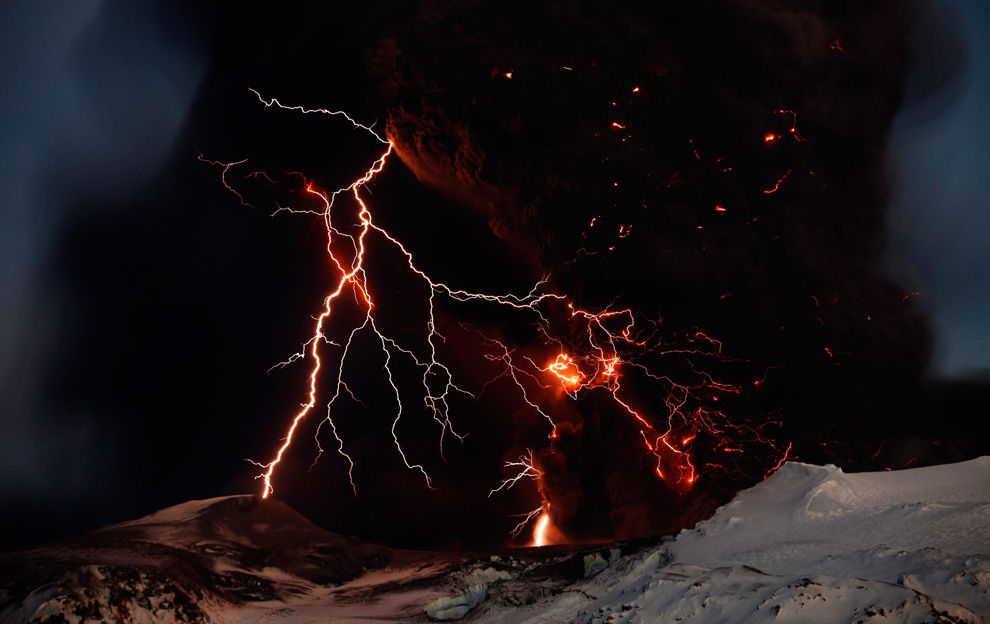[Editors Note: This is a working paper.]
In Physics we find that the most interesting phenomena occur at boundaries between two states or two substances. My father was an orchardist, an apple grower. Things were always a bit tense as the orchards came into full bloom and the fall’s potential fall crop was on the line. The nemesis of apple gowing is freezing air that forms crystals in the apple blossom’s ovary. Crystals break through the cell walls and destoy.
Dad used natural law to minimize this threat by running our irrigation sprinkler system during freezing weather. An air temperature of 28°F will destroy about 10% of the crop. Water freezes at 32°F. The interesting boundary condition is that as a gram of water goes from liquid to solid it releases 80 calories of heat, and that takes a little time, so my father heated his orchards by a continuous supply of liquid water, assuring that the air could not go below 32°F.
The Natural Rights of the Burgler
The Temporal RIghts theory of natural rights says that whatever an operator can do it has the inherit right to do. The boundary conditions of burglary are interesting. I want to examine these thoroughly but the simplicity of the Temporal RIghts paradigm makes this short and powerful.
First we take the case of a burgler alone in his world. While he has the potential power to burglarize, he is inherantly powerless to do so because there are no other property owners.
Then in a society of property owners he still has the potential power but again loses his right to plunder because every one of his neighbors have superior natural rights to life which includes their property. This superiority is found in the hierarchy below.
Good governments are formed for the purpose of protecting natural rights and bad ones for their exploitation. The common good, often cited in law, includes this protection, which is partially administered by the threat of punishment of bad actors. A bad actor is one who violates rights. This is all very simple.
The Hierarchy of Temporal Rights
The boundary conditions of this hierarchy are particularly interesting because they dramatize the power of the Temporal RIghts paradigm to administer justice in an organized, articulated, and revealed way.
There is a natural ascendency of rights that can be detected by statements such as these:
- You can exist without living, but you can’t live without existing.
- You can live without thinking, but you can’t think without living.
- You can think without choosing, but you can’t choose without thinking.
- You can choose without moving, but you can’t move without choosing.
- You can move without acquiring, but you can’t acquire without moving.
- You can acquire without consuming, but you can’t consume without acquiring.
- You can consume without reproducing, but you can’t reproduce without consuming.
Where are the boundaries you said were here? This needs a list of these activities/powers titles on the left with all the powers included on the right. eg, living will include all the things that are required for living – a place to be, resources?, possessions, property rights, etc




